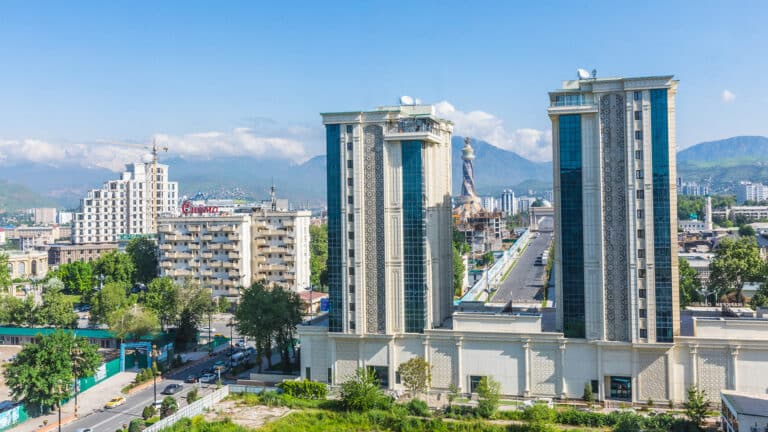
KazMunayGas (KMG) failed to send Tengiz oil via the Baku-Tbilisi-Ceyhan route in February due to the devastative earthquake in Turkey, according to the Interfax news agency citing Kevin Lyon, director general of Tehgizchevroil.
As Lyon said, Tengizchevroil has cooperated with KMG in order to establish a new route for its oil to Baku. It was presumed that Tengiz oil would be delivered by railway.
«Unfortunately, you are all aware of this, this tragic earthquake has hit almost all parts of the Turkish infrastructure, including the seaport of Ceyhan,» Lyon said while responding to the question about KMG’s plan to send oil produced by Tengizchevroil to Ceyhan in February.
He also stressed that the company can’t immediately resume this test oil shipment.
On February 6, when the earthquake hit Turkey, Turkish operators of the Baku-Tbilisi-Ceyhan pipeline and Ceyhan oil terminal temporarily suspended oil from being loaded into oil tankers. According to BP, the oil terminal resumed its operation on February 12. The British oil company says that the port is going to reach its full loading capacity very soon. At the same time, a special inspection of the Baku-Tbilisi-Ceyhan pipeline has concluded that the quake caused no serious damage to the pipeline itself nor to pumping stations and any other parts of its infrastructure.
Tengizchevroil, which is a joint venture created by Chevron (50%), ExxonMobil Kazakhstan Ventures Inc. (25%), KMG (20%) and Lukarco (5%), has developed the two big oil fields Tengiz and Korolevskoye in the Atyrau region.
On February 6, 2023, KazTransOil, a subsidiary of KMG, said that it sent 82,500 tons of oil produced at Tengiz via its oil terminal in Batumi (Georgia) in January.
This shipment contract was signed last year and will be in force until April 30, 2023. However, almost all oil produced at Tengiz is exported through the Caspian Pipeline Consortium (CPC) that stretches from the Tengiz field to the Russian port of Novorossiysk.













